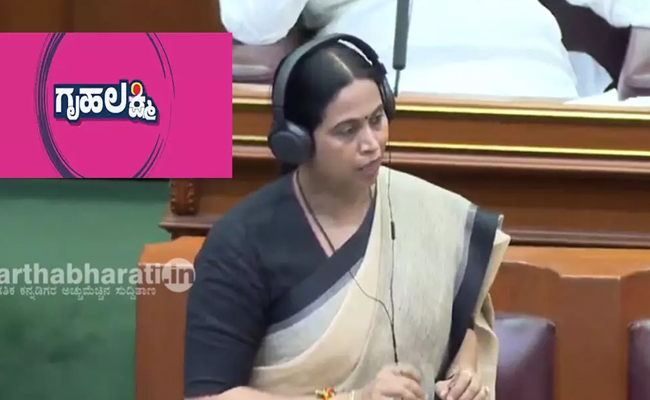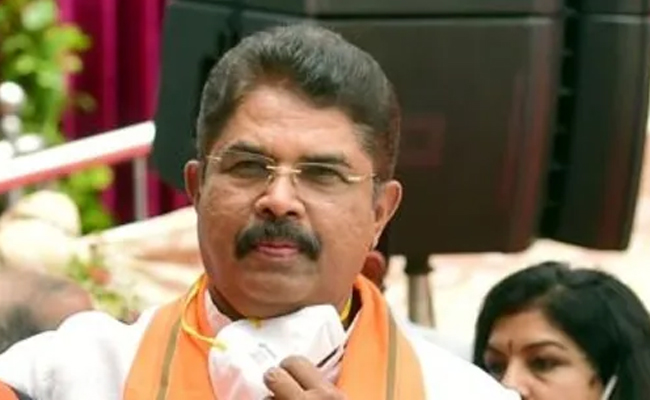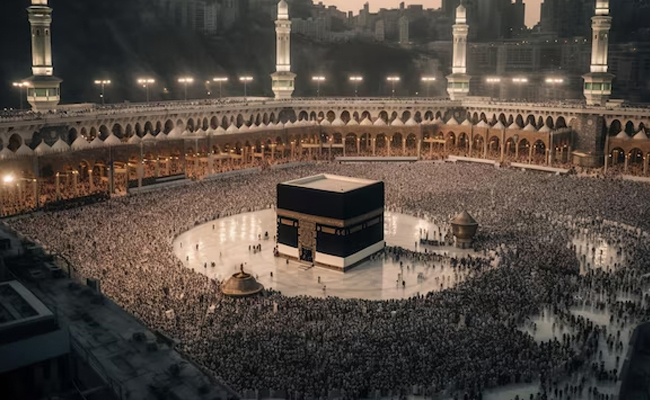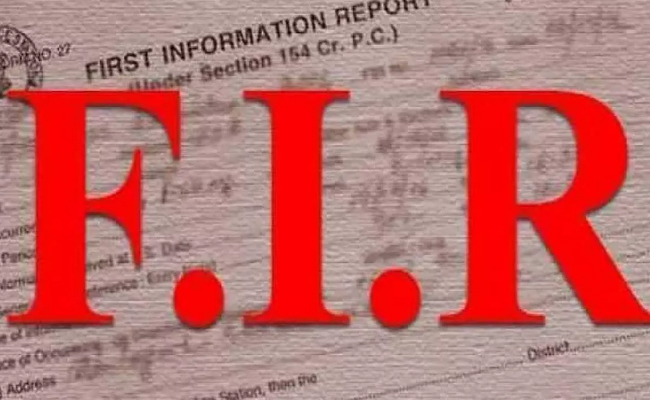New Delhi: The Supreme Court has held that states are not bound to provide reservation in appointments and there is no fundamental right to claim quota in promotions.
"In view of the law laid down by this court, there is no doubt that the state government is not bound to make reservations. There is no fundamental right which inheres in an individual to claim reservation in promotions," a bench of justices L Nageswara Rao and Hemant Gupta said.
"No mandamus can be issued by the court directing the state government to provide reservations," the bench said in its verdict.
The apex court said this while dealing with pleas regarding Uttarakhand government's September 5, 2012 decision to fill up all posts in public services in the state without providing reservations to Scheduled Castes and Scheduled Tribes.
The government's decision was challenged in the Uttarakhand High Court, which struck it down.
Dealing with the appeals against the high court verdict, the top court noted, "It is settled law that the state government cannot be directed to provide reservations for appointment in public posts. Similarly, the state is not bound to make reservation for Scheduled Castes and Scheduled Tribes in matters of promotions."
"However, if they (state) wish to exercise their discretion and make such provision, the state has to collect quantifiable data showing inadequacy of representation of that class in public services," the bench said.
While upholding the Uttarakhand government's September 2012 notification, the apex court said that as the government is not bound to provide reservation in promotions, the high court should not have declared the state's decision as illegal.
Referring to constitutional provision about reservation, the bench said, "It is for the state government to decide whether reservations are required in the matter of appointment and promotions to public posts."
It noted that Article 16 (4) and 16 (4-A) of the Constitution empowers the state to make reservation in matters of appointment and promotion in favour of the Scheduled Castes and Scheduled Tribes "if in the opinion of state they are not adequately represented in the services of the state".
"The language in clauses (4) and (4-A) of Article 16 is clear, according to which, the inadequacy of representation is a matter within the subjective satisfaction of the state," the bench said, adding, "All that is required is that there must be some material on the basis of which the opinion is formed
Let the Truth be known. If you read VB and like VB, please be a VB Supporter and Help us deliver the Truth to one and all.
Belagavi (Karnataka) (PTI): The opposition BJP on Wednesday staged a walkout from the Karnataka assembly protesting the alleged "non-disbursal" of two months' installments to 1.26 crore beneficiaries under a woman's assistance scheme of the state government.
The protest followed a heated debate in which the opposition accused the state government of providing "misleading" information regarding the payment status of the flagship Gruha Lakshmi scheme.
The saffron party members trooped into the well of the House and raised slogans, leading to the adjournment of the proceedings of the House for over an hour.
ALSO READ: 'Homebound' makes it to Oscar shortlist for best international feature
The Gruha Lakshmi guarantee scheme is one of the five pre-poll promises of the ruling Congress. It provides Rs 2,000 monthly to women heads of the Below Poverty Line (BPL) families.
The BJP legislators accused Woman and Child Welfare Minister Laxmi Hebbalkar of having "misled" the House by giving false information to BJP MLA Mahesh Tenginkai that all the instalments till August have been paid under the scheme.
The opposition charged that the installments for the months of February and March this year were not paid.
The BJP MLAs' grouse was that they had been demanding an explanation from the Minister for the past three days, but she never turned up to provide information.
As soon as the session started, the opposition members trooped into the well of the House demanding the Minister's presence, which led to the adjournment.
When the members assembled again, the Minister replied that this is a unique flagship programme of the Congress government, which is a model for all the states.
Hebbalkar said she always strived to ensure that this scheme is implemented religiously.
"However, when I checked, I noticed that two months' installments were not paid to the beneficiaries through Direct Benefit Transfer (DBT). If my reply has hurt anyone, then I express my regret," she said.
Deputy Chief Minister D K Shivakumar, who came to the defence of Hebbalkar, said the BJP should apologise for the lie in the Union Budget.
"Despite the Union Minister Nirmala Sitharaman announcing Rs 5,300 crore for the Upper Bhadra Irrigation Project in the budget, the money was not given to Karnataka. You should question that as well," Shivakumar underlined.
ALSO READ: Actress Shilpa Shetty's restaurant booked for breaching operating hours
To this, Leader of Opposition in the assembly R Ashoka said the matter was raised because not only were the BJP members hurt but also the 1.26 crore beneficiaries who were eagerly waiting for the money.
Demanding that the lie be expunged from the House records, he insisted on a date for when the backlog will be paid to the beneficiaries.
The Minister said she was apologising for giving a wrong reply, but she was peeved at the way a woman was targeted in the House.
Objecting to this statement, BJP MLA S Suresh Kumar asked her to refrain from playing victim card and bring up the issue of gender, caste and religious discrimination as it was a matter related to 1.26 crore people.
Ashoka and the BJP MLAs then staged a walkout, saying the Minister's reply was not satisfactory.





